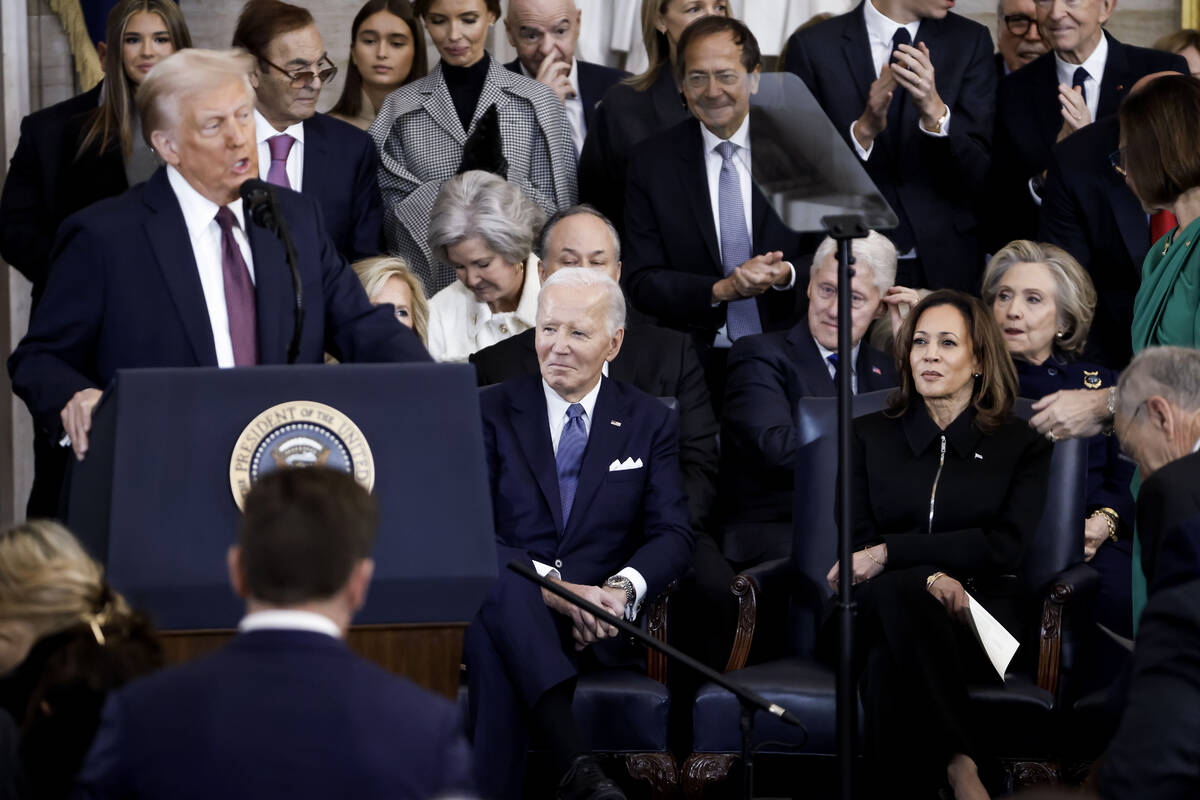EDITORIAL: Lawsuit challenges Musk’s cost-cutting commission

Donald Trump had barely finished his inauguration speech Monday when the first lawsuit challenging the new administration was filed in court.
Expect legal efforts to thwart the Trump agenda to be a common occurrence.
The maiden lawsuit took aim at the administration’s high-profile effort to take an endoscope to the national bureaucracy in the name of fiscal sanity. The 30-page complaint, The Washington Post reported, accuses the Department of Government Efficiency — the Elon Musk-led panel that Mr. Trump has charged with taking a hacksaw to regulations to improve the efficiency of the federal government — “of breaking a 1972 law that requires advisory committees to the executive branch to follow certain rules on disclosure, hiring and other practices.”
The legal action was filed by the National Security Counselors, a “public-interest” law firm. The 1972 law is the Federal Advisory Committee Act, which is intended to ensure that “the government receives transparent and balanced advice,” the Post reports.
Groups that fall under the act “are required by law to have ‘fairly balanced’ representation, keep regular minutes of meetings, allow the public to attend, file a charter with Congress and more,” according to the paper.
Mr. Musk and the Trump administration should indeed be as transparent as possible in their cost-cutting and regulatory improvement efforts. Excessive secrecy would erode confidence in the process and threaten public acceptance of much-needed reforms. But the intent of the lawsuit is clearly to undermine Mr. Musk’s mission by entangling DOGE in the same bureaucratic shackles it seeks to dismantle. The complaint grumbles that federal workers have been left on the sidelines.
There is competing case law on whether the law applies. But a federal appeals court in 1993 ruled that Hillary Clinton’s health care task force — which attempted to lay the groundwork for the nationalization of American health care — did not fall under the act’s purview. A similar dynamic would seem to be at play here.
“DOGE isn’t a federal advisory committee because DOGE doesn’t really exist,” Scott Hammond, senior economist at the Foundation for American Innovation, told the Post. “DOGE is a branding exercise, a shorthand for Trump’s government reform efforts. … The president is allowed to take advice from external experts without creating a formal advisory committee.”
The federal courts should hear this complaint as quickly as possible. The sooner the lawsuit is resolved, the sooner Mr. Musk’s panel can get to the vital task at hand.